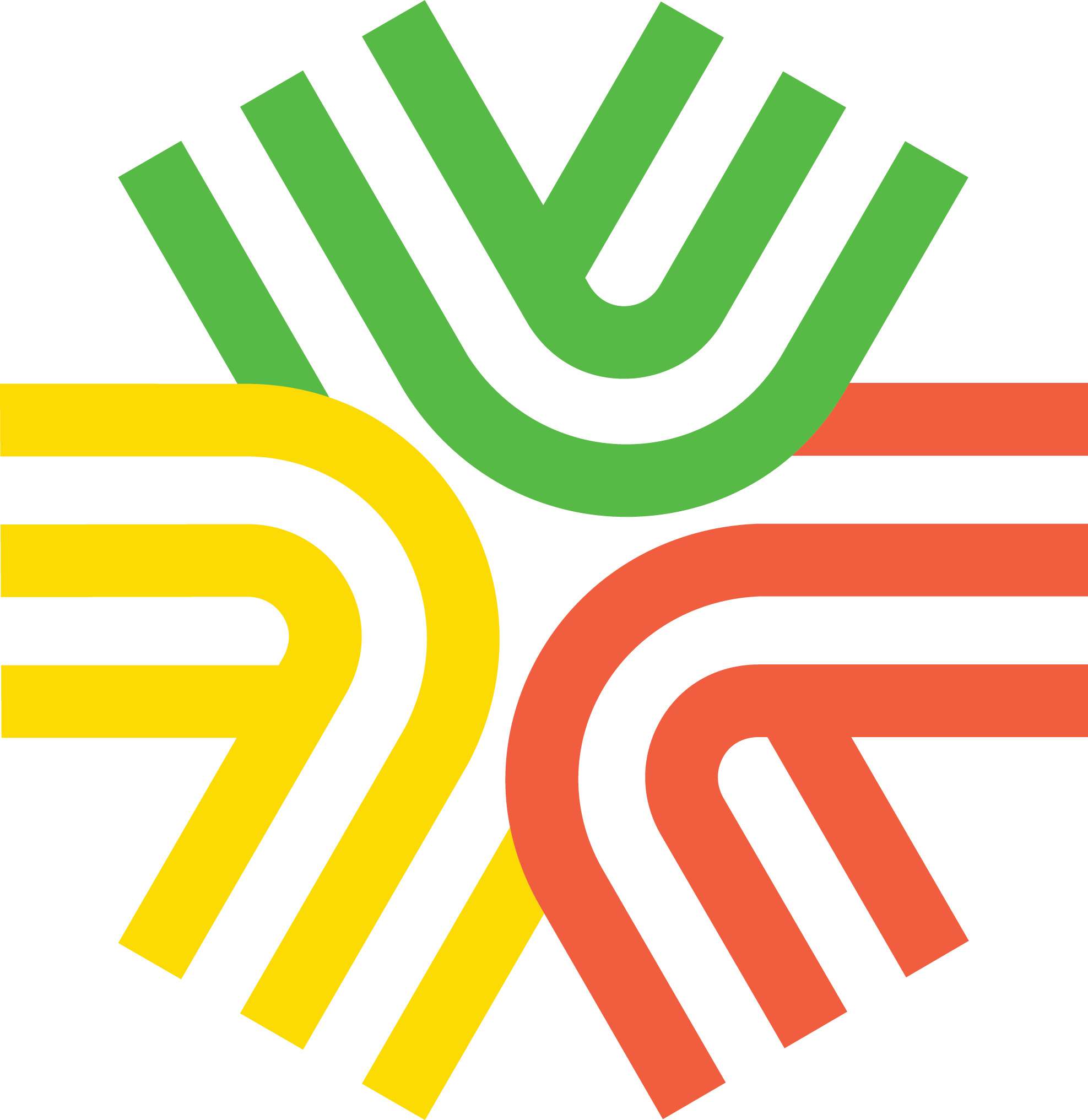The Challenges of Generative AI
Last November, news of OpenAi’s release of a chatbot called ChatGPT caused waves around the world, particularly in education. ChatGPT and other, similar, generative artificial intelligence is able to craft human-like poetry, essays, music, and many other forms of written work when given specific parameters. Many educators around the world immediately recognized the dangers for academic dishonesty as ChatGPT can write a convincing essay or short response that is unique and will evade similarity and plagiarism detection. ChatGPT and other tools like it will be the latest challenge to our students being principled IB learners who act with honesty and integrity in their work and actions.
Like many schools around the world, ISD will take relatively simple approaches to combating artificially generated writing and student work by emphasizing more hand-written work, more in class work that is done under teacher supervision, and by taking students through a full writing process with multiple drafts and feedback. These strategies will ensure writing tasks are authentically done by the students since the early drafts will be done by hand.
Generative artificial intelligence also challenges me to be open-minded. While it can do obvious harm to academic integrity, it also has great potential as it improves and may be a fantastic learning tool and source of quality research and information. ChatGPT rocked the world just a few months ago and it will take some time for thought leaders to figure out how it will change the landscape of many fields, including education.
Chris Boyle
Secondary Principal




